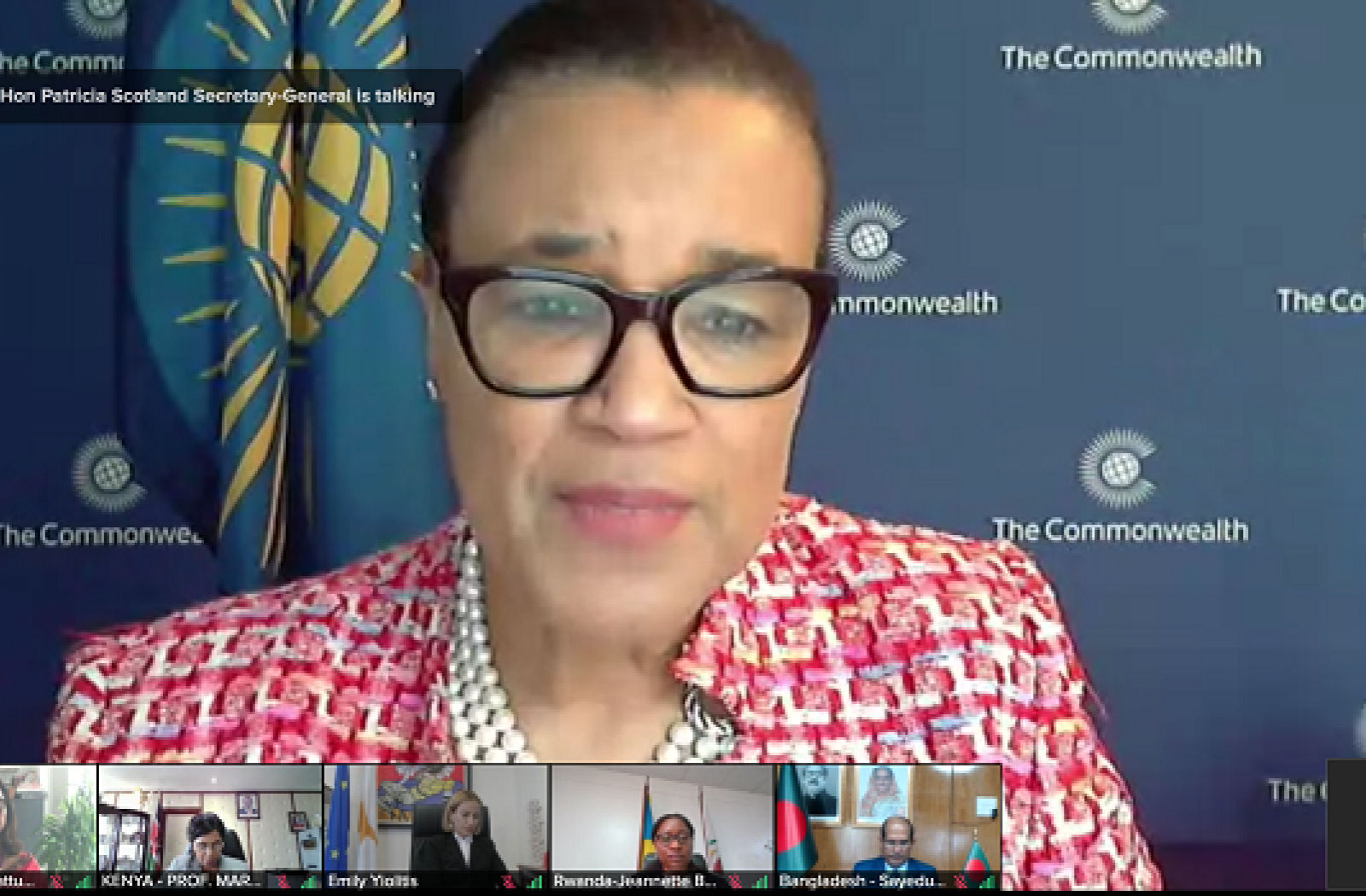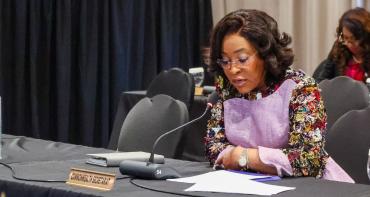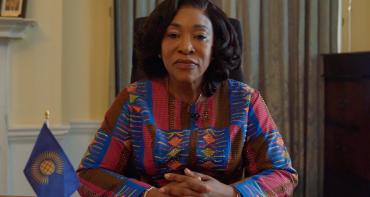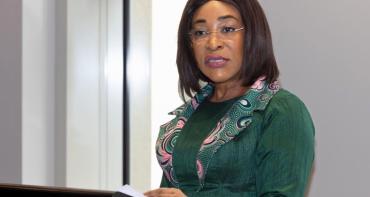The inaugural meeting of the Commonwealth Women’s Ministers Action Group opened yesterday with calls for strong gender equality measures.

The inaugural meeting of the Commonwealth Women’s Ministers Action Group opened yesterday with calls for strong gender equality measures.
Delegates, including women’s affairs ministers, reaffirmed their support for gender equality and women’s empowerment, and committed to putting women’s issues at the top of the agenda at the next Commonwealth Heads of Government Meeting (CHOGM) in Rwanda.
They backed a statement made by women’s affairs ministers in 2019 in which they endorsed a robust strategy for the 54 Commonwealth countries to achieve gender equality targets by 2030.
Equal access
Commonwealth leaders will table the statement at the next CHOGM which has recently been postponed again due to the COVID-19 pandemic.
Strategy actions will help ensure 1.2 billion women and girls living in the Commonwealth have equal access to decision-making, education, family health services and legal protection while mainstreaming gender in climate action.
Speaking at the meeting, Commonwealth Secretary-General, The Rt. Hon. Patricia Scotland QC, said: “Quite apart from the immediate unequal impact of the COVID-19 pandemic on women and girls, there is an even more insidious potential outcome.
“COVID-19 threatens to roll back the hard-won progress towards gender equality that we have fought for over many decades. Mobilising collective political will is key to safeguarding the progress and changing the pace of efforts towards gender equality.”
She added: “COVID-19 presents an ideal opportunity for Commonwealth countries to elevate women leaders to positions of influence and to bring diverse voices to the decision-making tables as insurance that response and recovery plans are as effective as possible.”
Positive action
Without women’s equal voice at the table, Secretary-General Scotland said, Commonwealth countries could risk making decisions that deepen gender inequality.
She shared a raft of Commonwealth initiatives with delegates which are designed to accelerate positive action on topical issues impeding women’s progress.
Initiatives included the Commonwealth Says NO MORE campaign against domestic and sexual abuse, a project on eliminating gender discriminatory laws and a methodology to measure the economic cost of gender-based violence.
Chairing the meeting, Prof Margaret Kobia, Cabinet Secretary for Kenya’s Ministry of Public Service, Youth and Gender, said: “Across every sphere, the pandemic is worsening prospects for women and girls simply by virtue of their sex.
“More women than men are at risk of losing jobs, domestic violence has risen rapidly under lockdowns, and an additional 11 million girls may leave school and not return by the end of the crisis.”
She continued: “We must use this opportunity to learn from each other, and to help shape the COVID-19 recovery efforts in our countries to ensure that women and girls are not further disadvantaged in the crisis.”
Impacts of COVID-19
Delegates from 25 member countries, representing every Commonwealth region, spoke about the widespread impact of the pandemic on gender equality priorities and their responses to the disruptions.
They highlighted a list of progressive practices such as cash transfers, childcare subsidies and domestic violence services, which have been rolled out to shield women and girls from the emerging shocks.
Hosted virtually, this was the first meeting of the action group which was created upon the request of the Commonwealth women’s affairs ministers in 2019.
The virtual meeting was an opportunity to review the impact of the pandemic on women and girls, provide advice on emerging gender issues and make recommendations to the Commonwealth Secretariat.



